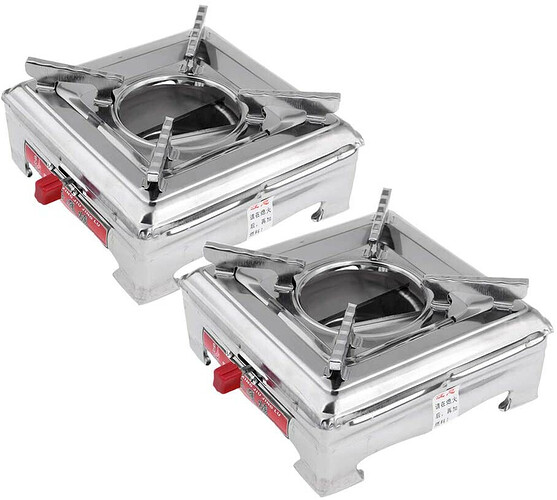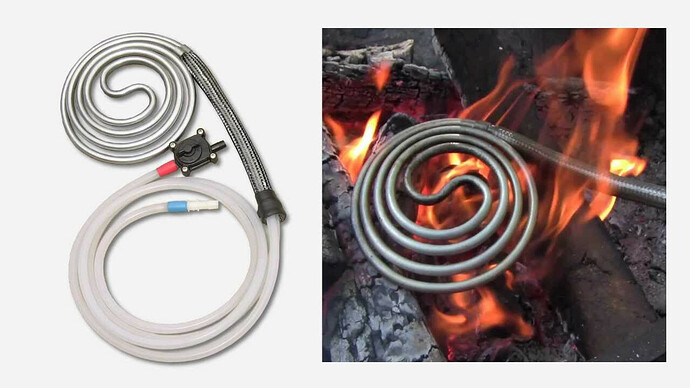Hi all. Background info: New here and building out a Transit long WB high roof extended van (delivery in early 2022). Van will be used approx 180 days a year, often for months long trips - we are newly retired but not full-timers. We have extensive backpacking and car camping/tent experience, but vans are a new frontier (and cushy camping upgrade) for us. Primary use will be spring/summer/fall in US and Canada. Hot water will be calorifier off engine coolant (with 120VAC 1000w immersion element when on shore power or off small gen). Ventilation is a MAXXair fan. Van has a 31 gal gas tank and aux fuel port (gas) stubbed out from factory (no need to drop tank to install a pick up tube if necessary). Will typically carry one 20lb propane tank.
Question 1 - I’m up in the air between Propex propane heater (2000 or 2800) vs Espar or Webasto petrol (gasoline). Any guidance on sizing, ease of installation (they seem similar), reliability (and soot concerns with gas?), odors, high altitude problems, etc. would be appreciated. We will typically be travelling in 30 - 90 °F weather, so heat use will be intermittent as needed (cold mornings and pre bed time mostly).
Question 2 - Electrical system. Van comes with two 70 ah AGM batteries, with one being isolated when the ignition is off, leaving a 70ah house battery (with maybe 1/2 that capacity usable?) Typically then van will be driven daily, but not always if we are just lounging around for a day or two. DC loads are a 12VDC compressor refrigerator (the largest load - maybe 20 to 40 ah daily?), MAXXair 7500 fan (typically running on low when in use), water pump (Sureflow 2.8 gpm), LED lighting, phone and computer charging. An electric coffee maker would sure be nice, however I calculate one 12 cup pot as 1000w for 15 minutes brew time = almost 20ah from a battery! Not including inverter losses! Yikes! Two pots on a raw day would discharge far over half of a 70 ah AGM house battery (and most of its available power). We could nix this load by brewing coffee with a propane percolator, but I like the convenience of the electric pot. A lot of our camping will be in tree covered sites, and we will often drive around in the van (charging while travelling anyway) so solar doesn’t seem a great economical choice, plus it complicates the build and roof structure (I wouldn’t otherwise need a roof rack). I’m thinking of buying a 100ah AGM deep cycle to supplement the 70ah house battery, but need help sizing the AC/DC converter charger and an inverter. We will carry a small 2000w inverter gen for battery charging, water heating (1000w immersion element in calorifier), etc. to run as needed, but I don’t want to start up a noisy generator in the morning just to brew coffee. Electrical loads seem to be greatest when running a generator is typically not allowed and/or impolite to others. I’m rambling on here, sorry. This is all somewhat confusing. Please help with your experience and recommendations! [Afterthought - I’m leaning toward nixing the coffee maker, but still think the 70ah battery will fall short].
Thanks, Len and Cary

